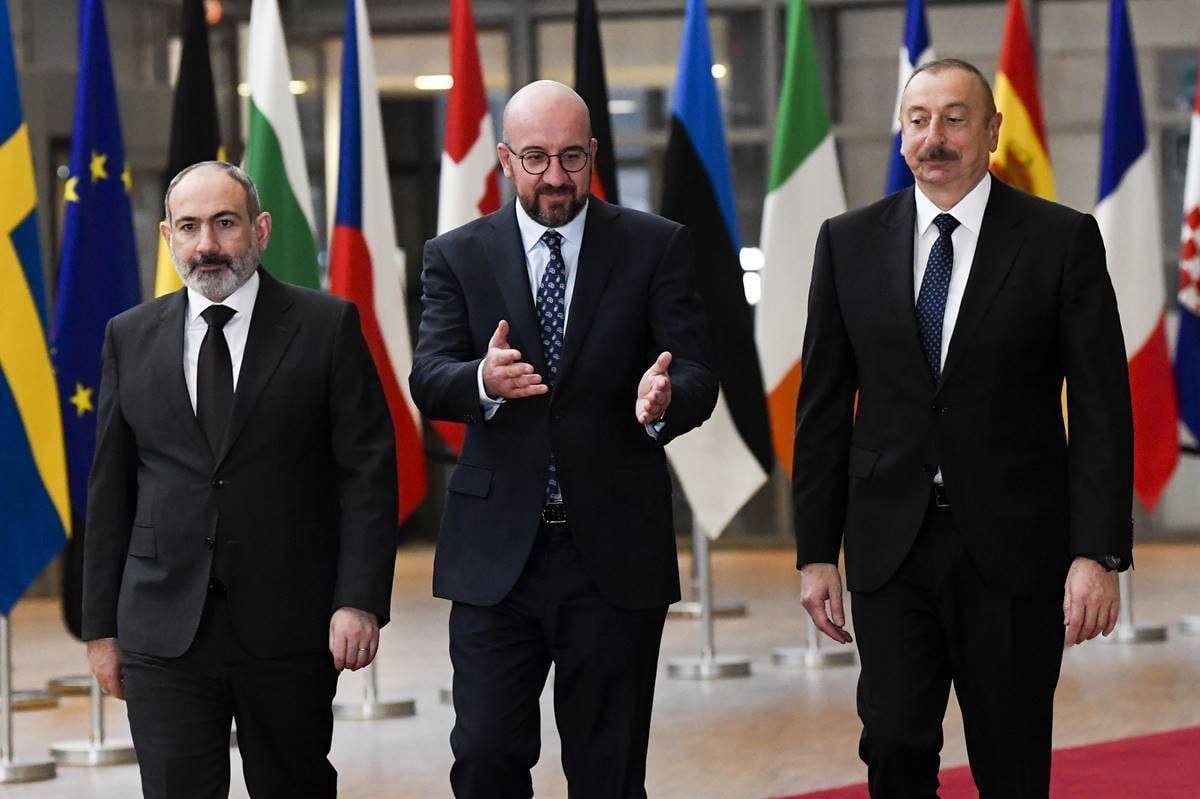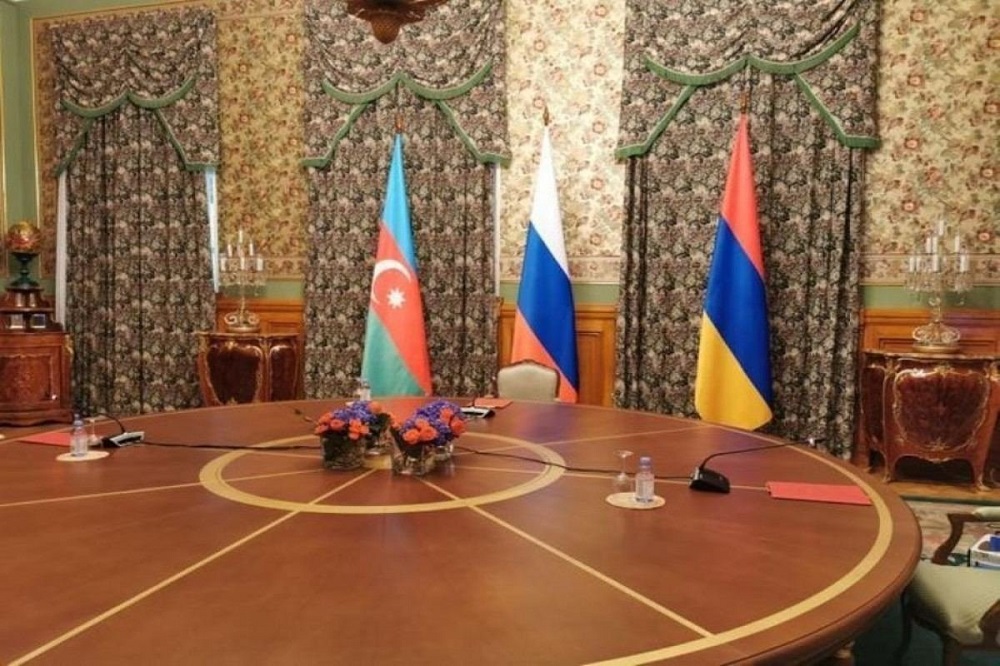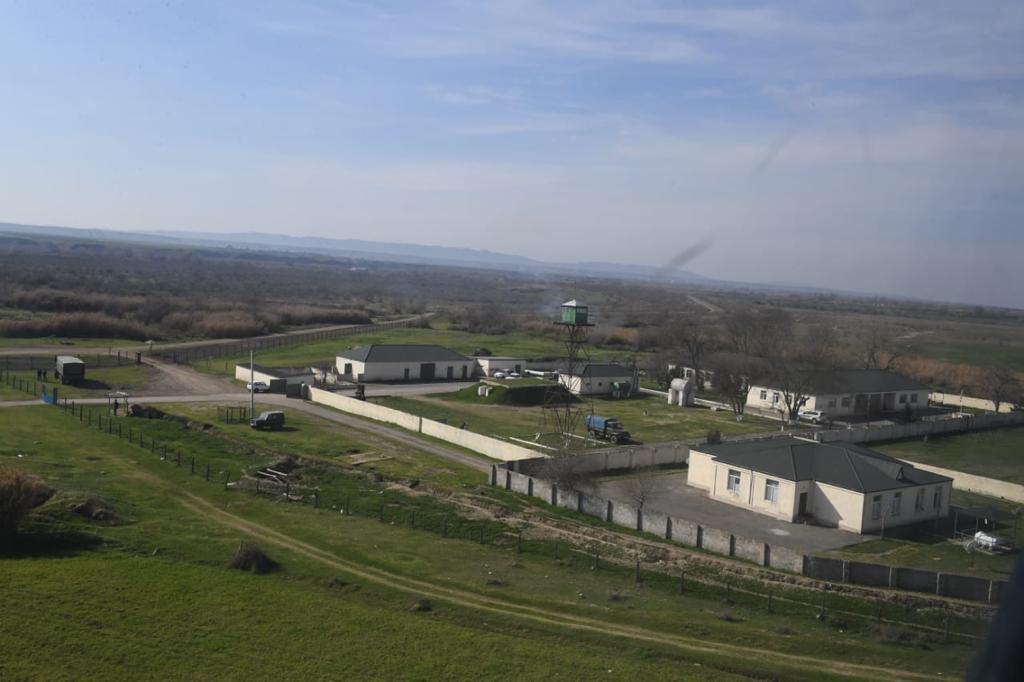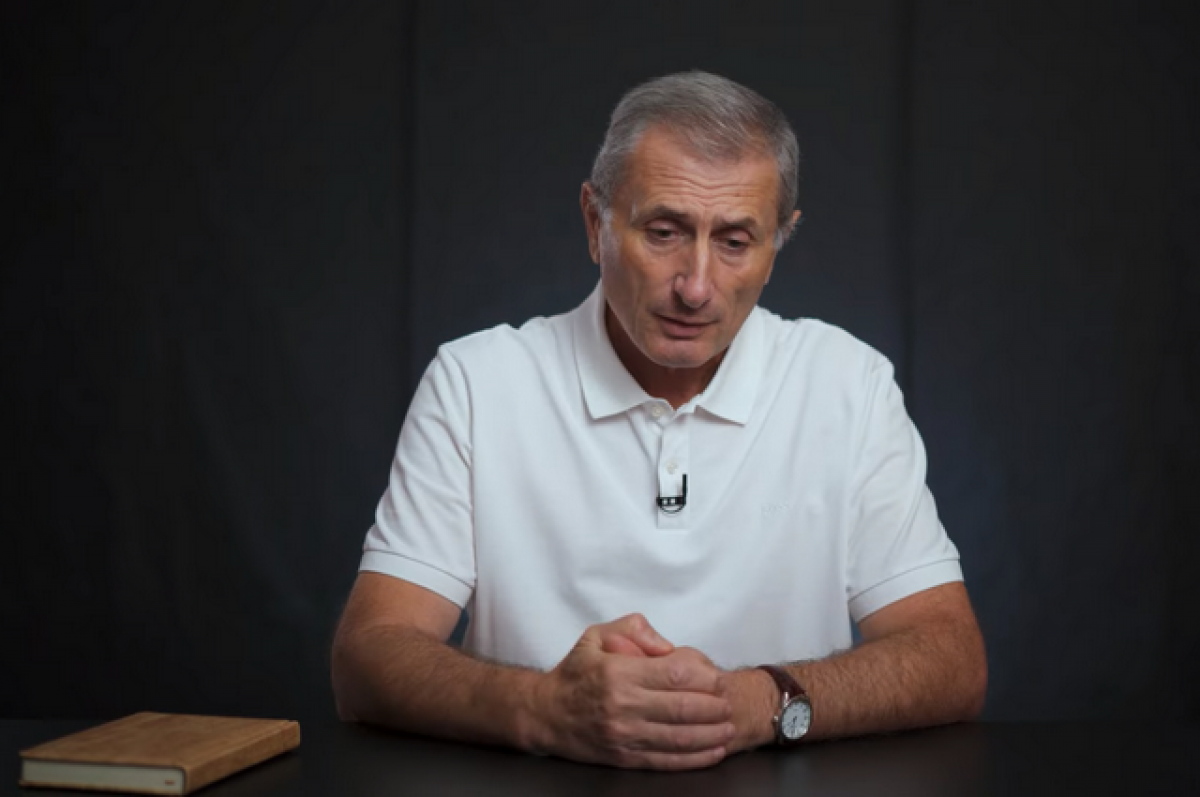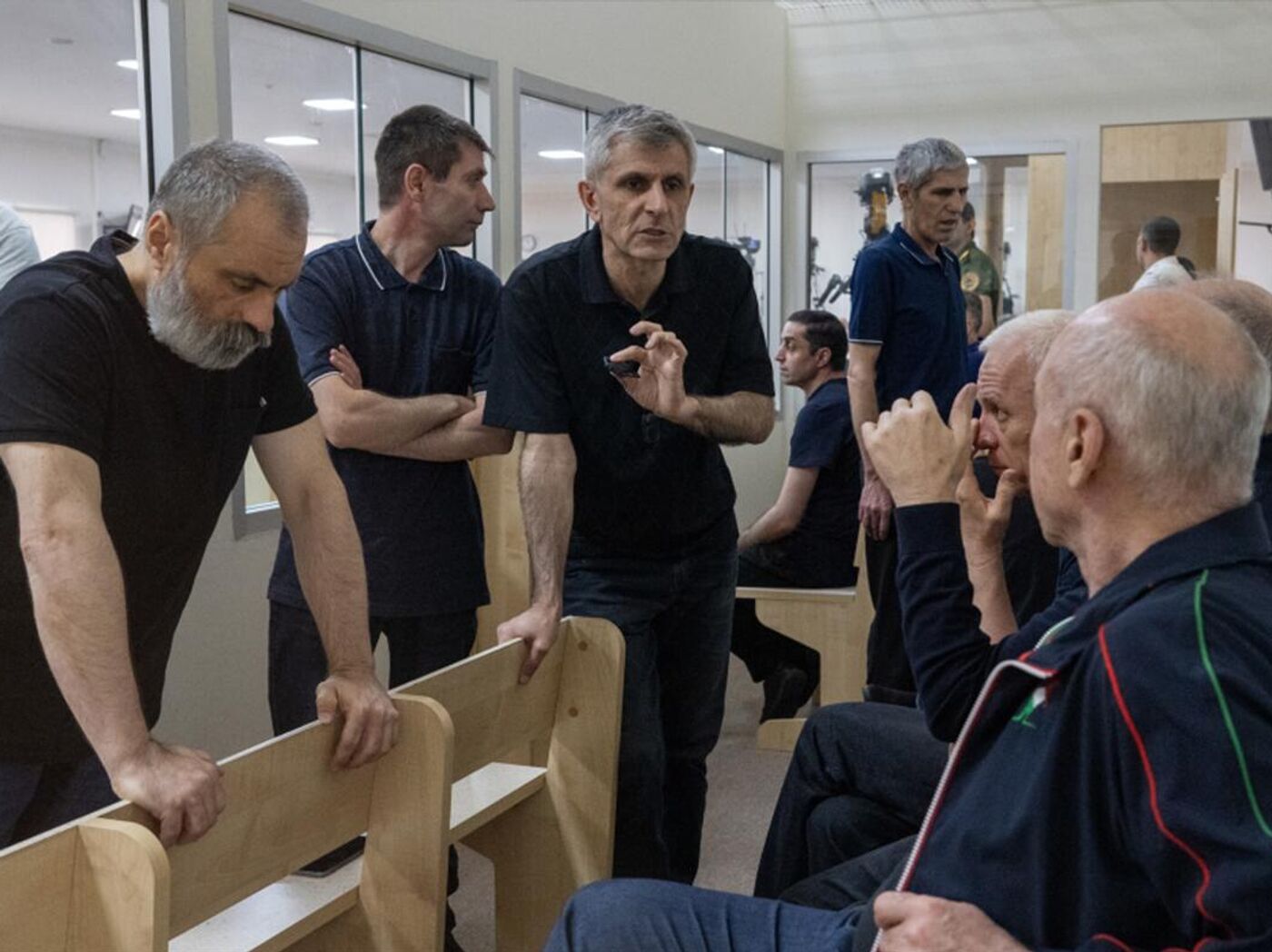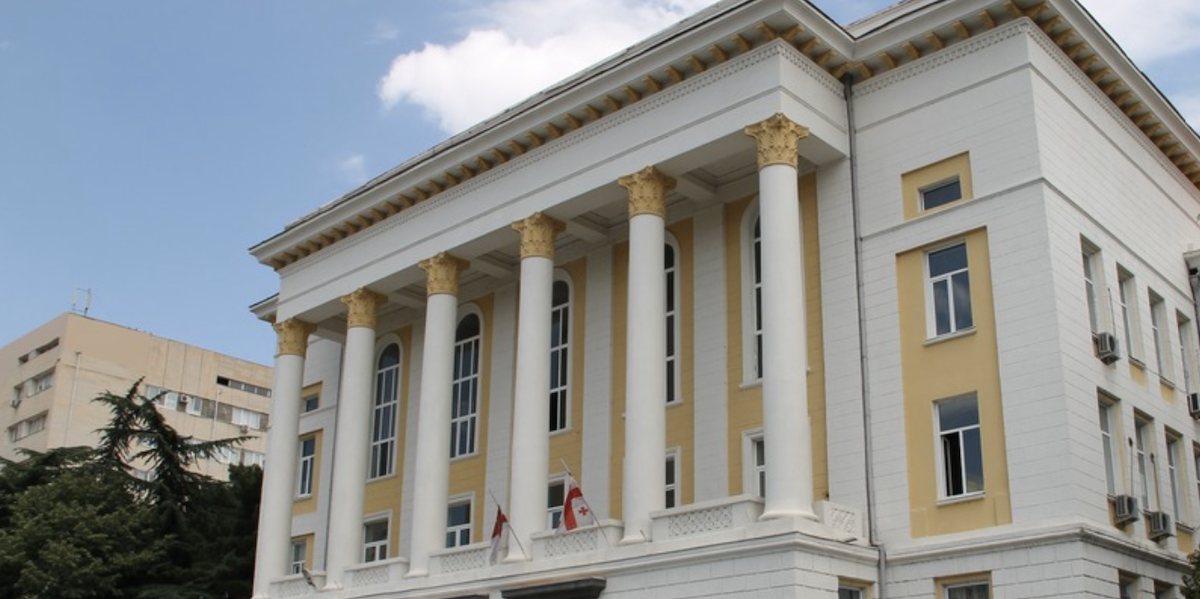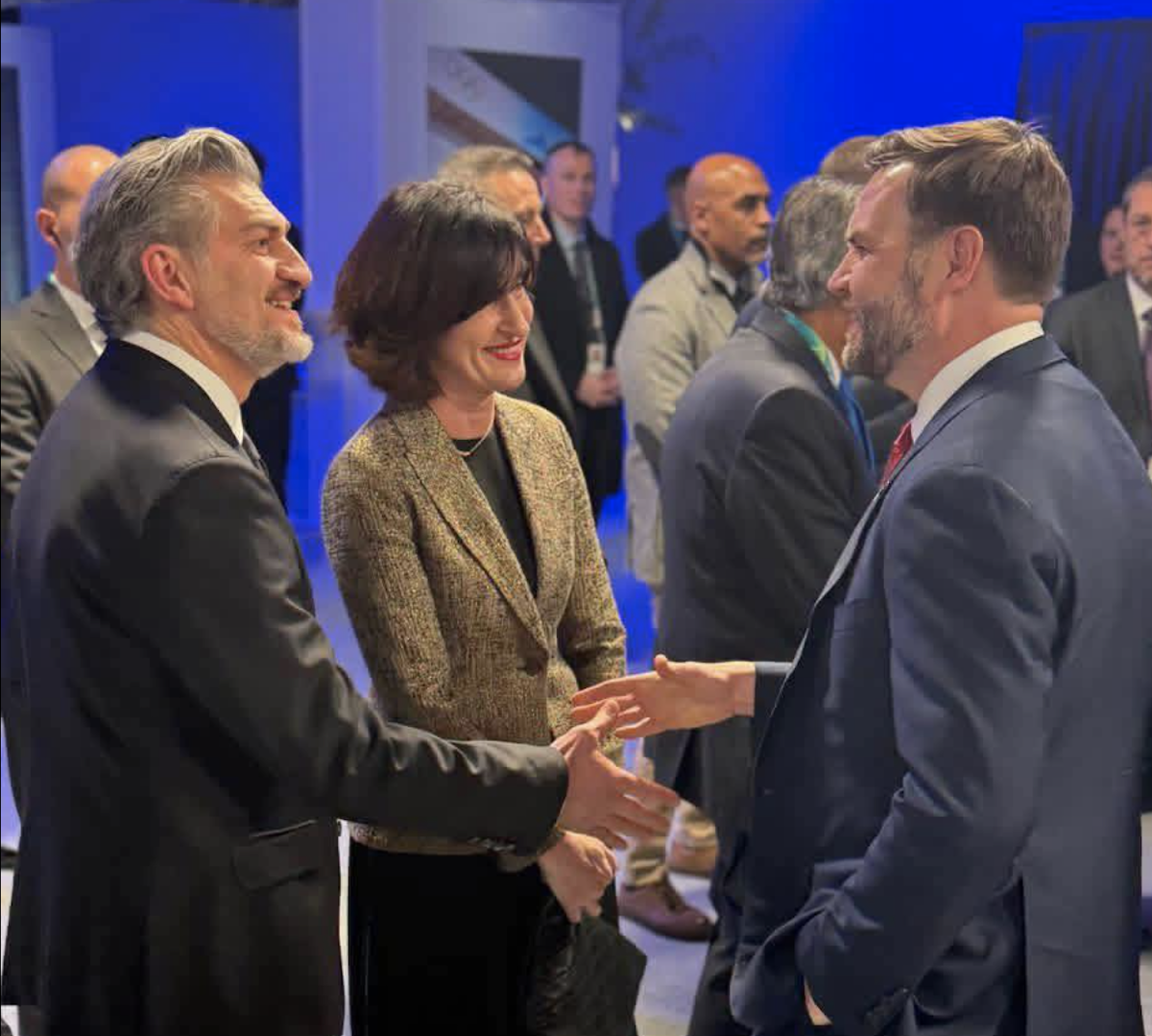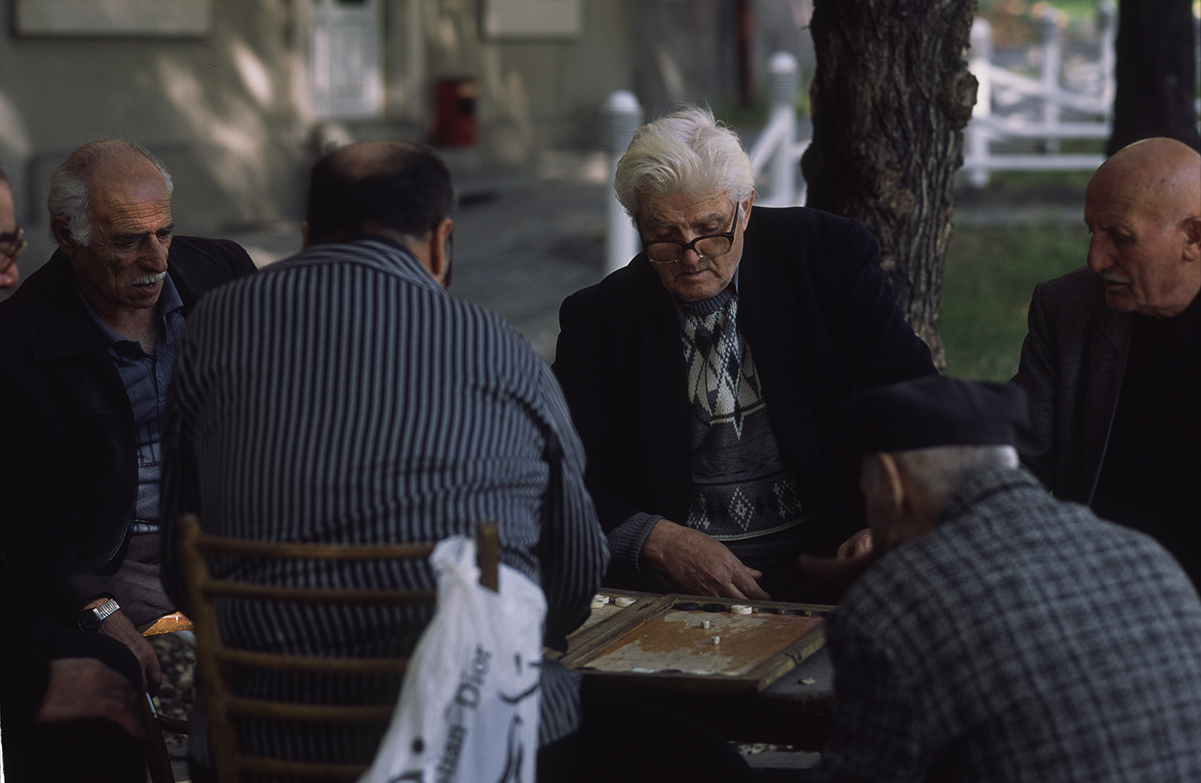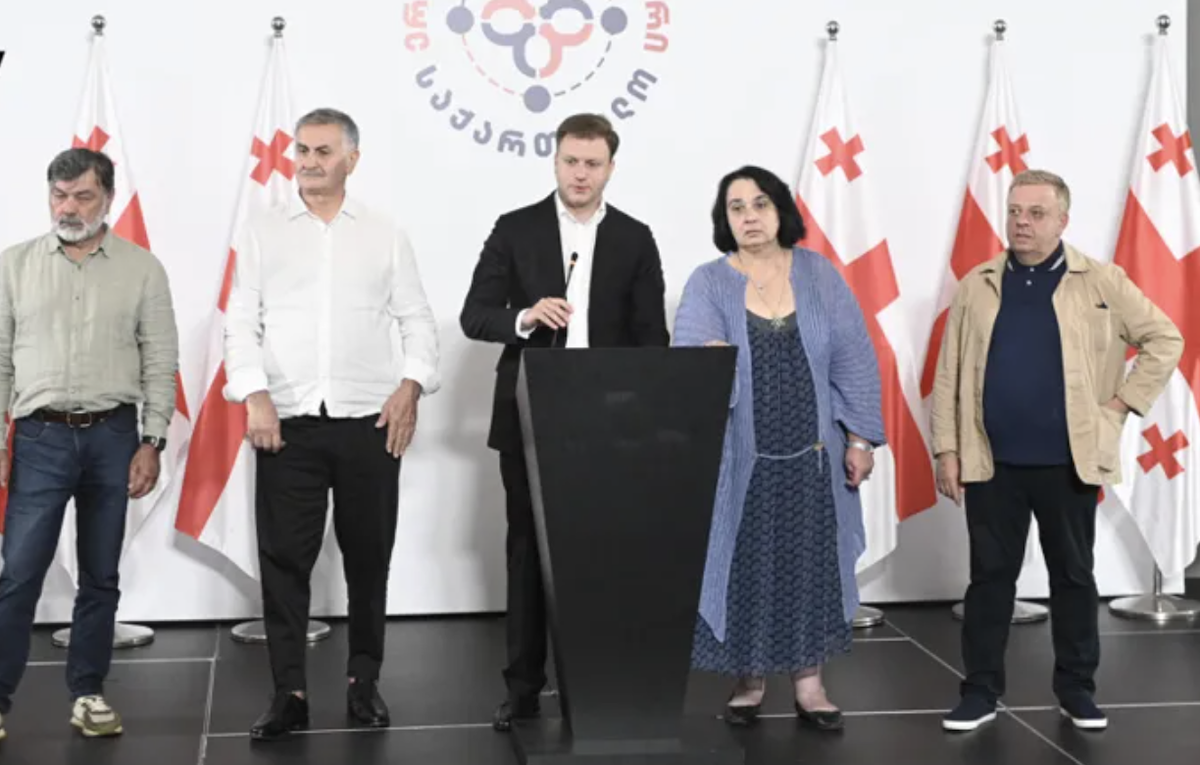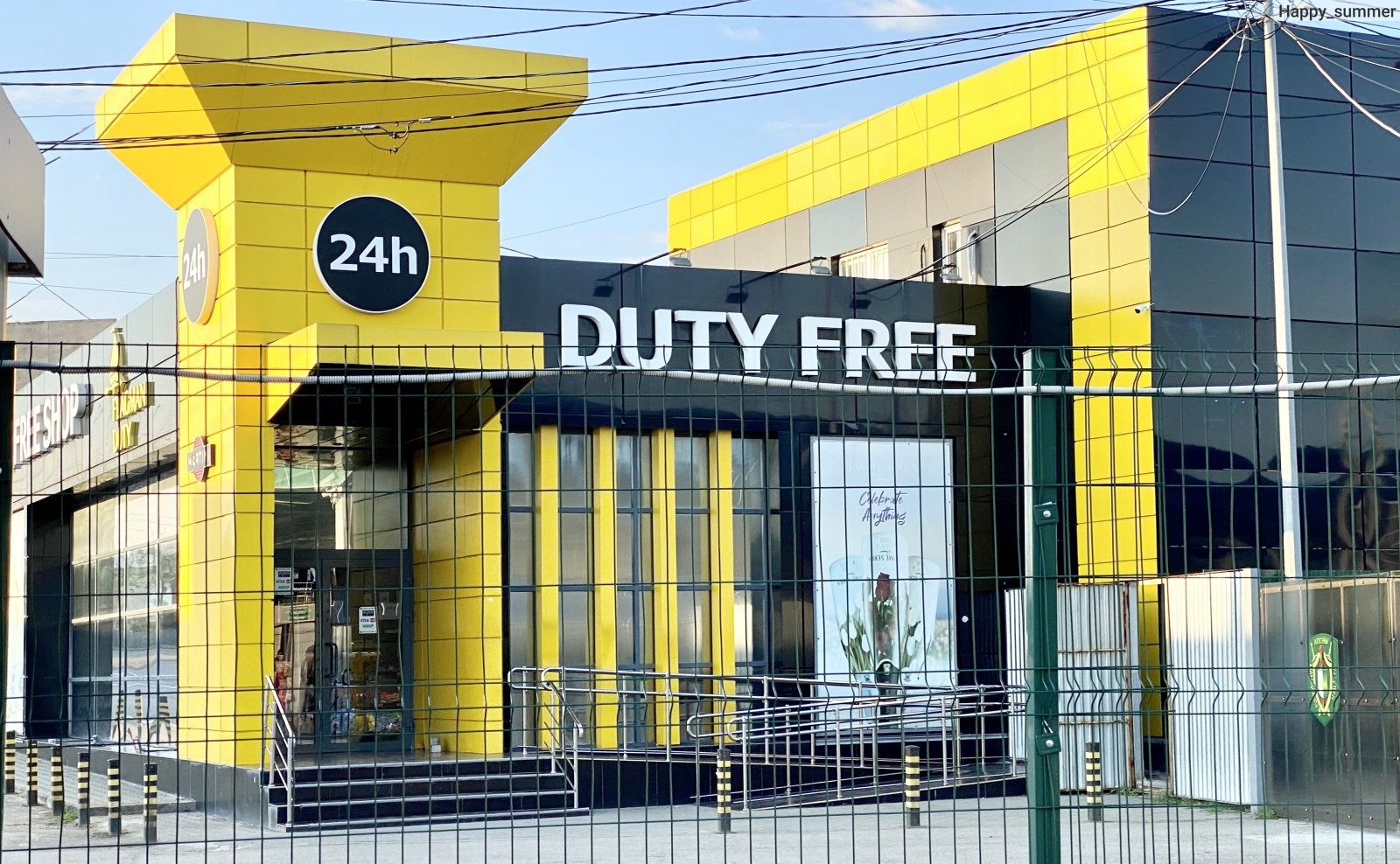Opinion: Moscow, Brussels compete for leadership in Armenian-Azerbaijani peace talks
The Kremlin is trying to destabilize Armenia and Azerbaijan
“The Kremlin is trying to destabilize Armenia and Azerbaijan and relations between them in order to prevent the next meeting between Aliyev and Pashinyan in Brussels in July-August 2022”, experts in Baku believe:
“The Armenian opposition has received a corresponding instruction from Moscow and is trying to diminish, in the eyes of its people, the importance of the agreements reached in Brussels with the mediation of the European Union”.
“Moscow will not give a day of rest to Pashinyan”.
The Kremlin is confident that without it, the definition of borders between the two Caucasian countries is impossible. However, Azerbaijani experts think otherwise.
However, after the latest talks between Azerbaijani President Ilham Aliyev and Armenian Prime Minister Nikol Pashinyan, the first meeting between the commissions of the two countries on border delimitation took place on the Armenian-Azerbaijani border.
- Ilham Aliyev: “If we are defining borders, what NK status is there to talk about?”
- «They shot us in foot»: Pashinyan blames former government for failed Karabakh negotiations
- Opinion from Baku: “Fate of Azerbaijani enclaves will be decided during border delimitation”
According to the statement of the President of the European Council Charles Michel, made immediately after the last meeting between Azerbaijani President Ilham Aliyev and Armenian Prime Minister Nikol Pashinyan, the next meeting between the leaders of the two conflicting Caucasian countries will once again be held in Brussels in July-August this year.
Meanwhile, on the Armenian-Azerbaijani border, without any intermediaries, the first meeting of commissions on border delimitation took place. The second such meeting will take place in Moscow with the participation of Russia.
The Kremlin insists on its mediation in determining the state border between Azerbaijan and Armenia. Russia explains this by the presence in its archives of military maps of the Soviet era.
According to the Russian expert, this is Moscow’s main trump card, however, his colleagues from Baku do not agree with it.
Commentary from Moscow
According to the chief researcher of the Institute of World Economy and International Relations of the Russian Academy of Sciences Alexander Krylov, the meetings in Brussels are “a new form of EU’s influence on the situation when the OSCE Minsk Group is actually incapacitated”:
“Russia has appointed its special representative on this issue, and Europe, it turns out, is looking for an opportunity to become an active participant in this process. It is, of course, good when negotiations are underway, but it is not entirely clear which results this will yield in practice.
But the expert expressed his doubt that the final border between Armenia and Azerbaijan could be determined without Russia’s help.
“How can the EU influence Azerbaijan and Armenia to delimit and demarcate borders without the direct participation and assistance of Russia? Without Moscow, this process cannot be started or completed. The EU has neither maps of borders nor a military contingent stationed in the region”, he said.
According to Krylov, the sharp deterioration of relations between the EU and Russia has not changed Brussels’ position on the Karabakh conflict:
“The position of the EU has remained the same. Brussels still argues that when resolving the conflict, the rights of ethnic Armenians must be respected. The confrontation with Russia, caused by the war in Ukraine, has only changed in that now both Moscow and Brussels are trying to succeed in negotiations between Baku and Yerevan”.
Comments from Baku
Doctor of Philosophical Sciences, Professor Gabil Huseynli expressed his bewilderment about the fact that Moscow is relying too much on the maps it possesses :
“The Kremlin, it seems, believes that no one else has any maps. But there are maps in Azerbaijan too.
Russia attaches great importance to topographic maps and thinks that the main maps are the military ones, and they are stored in the Ministry of Defense of the Russian Federation. But in Soviet times, both political and topographic maps were published. They indicated the administrative boundaries of the Soviet republics.
Now that Russia has lost literally everything, it is trying to seize the advantage by means of those military maps.
Huseynli notes that in fact Moscow, instead of giving additional impetus to the peace process, creates deceptive illusions:
“You should not believe the words of Russia. It is simply trying to single-handedly manage the process of border delimitation. But I repeat, the same maps exist in Azerbaijan and Armenia. Russia is only pursuing its political goals”.
The political scientist added that now the European Union looks confident in its abilities and, probably, will not allow third forces to interfere in the peace process.
Political scientist and head of the Atlas analytical center Elkhan Shahinoglu is confident that the Kremlin will try to destabilize the situation in the region in order to disturb the next meeting between Aliyev and Pashinyan in Brussels:
“Obviously, Putin’s team ordered the media structures under his control to criticize the upcoming meeting in Brussels in every possible way – and not only the media.
The Armenian opposition, having received a corresponding instruction from Moscow, is trying to diminish, in the eyes of its people, the importance of the agreements reached in Brussels through the mediation of the European Union.
The next such meeting is scheduled for July-August. Until then, the Kremlin will try to destabilize the situation in the region”.
Shahinoglu says that “the Kremlin does not give a day of rest to Pashinyan”:
“As soon as the Prime Minister of Armenia returned from Brussels, the Russian Foreign Minister Sergei Lavrov called his Armenian counterpart, Ararat Mirzoyan. It is no rocket science: Lavrov probably demanded a report on the meeting, and once again conveyed the message – “do not make a mistake”.










